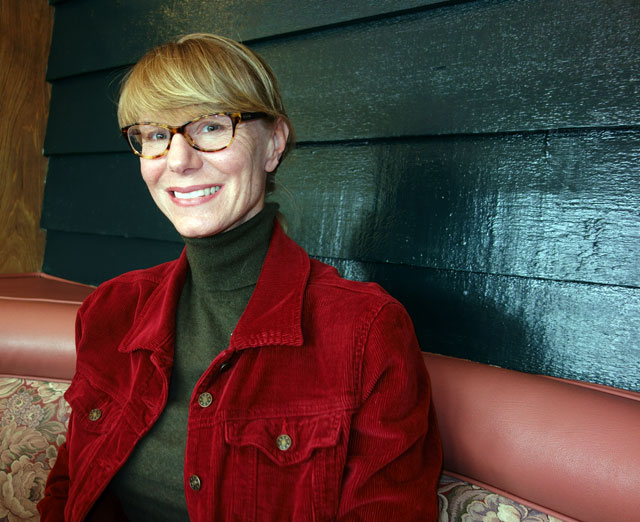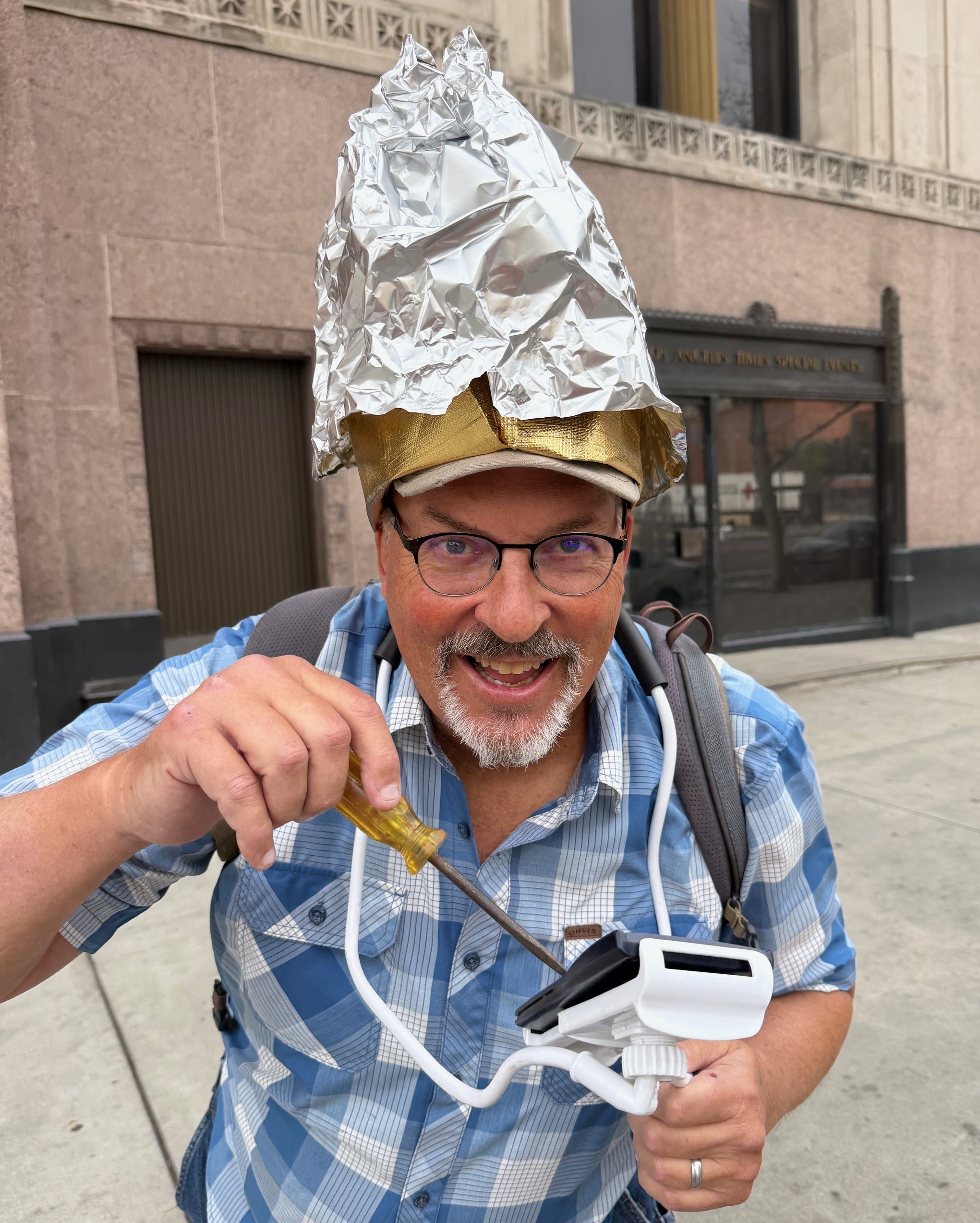We keep getting safer here in Long Beach—and as a rather stereotypical boy whose palate leans towards danger and risk (or what my fair counterparts rightfully call stupidity), this makes me happy. And it was of no shock to me that the first ever all-female class of League Cycling Instructors (LCI) accredited by the League of American Bicyclist graduated nine women this past month from Long Beach: Jessica Alexander, Krista Leaders, Bernadette McKeever, Elizabeth Williams, Maria Sipin, Henriette Alamillo, Renee Jones, Machiko Yasuda and Nayely Limon
One need not preach of the importance of women in bicycling. As with any other endeavor on the planet, the inclusion of women is essential if one wishes said endeavor to continue in success. And with regards to bicycling, one simply has to look at the work of Leah Missbach Day to comprehend the impact of women.
Melissa Balmer understood this in more ways than one when in November 2011 she created the Women on Bikes SoCal program to celebrate the “Joy, Beauty and Benefits of Bicycling for Women. Inspired by Andrea White-Kjoss's first Women on Bikes bike safety training/bike scholarship program for at risk women in Long Beach while Andrea was CEO of Bikestation (the nation’s first public bike parking facilities launched fifteen years ago from Long Beach) Balmer very much wants Women on Bikes SoCal to be able to replicate this type of program in the future, but decided the first step was to create more top trained female bicycle safety trainers.
Balmer did her homework. She knew the League’s LCI program was the most prestigious in the country and found out that there were only three women in total for South L.A., East L.A., the South Bay and Long Beach who held the LCI accreditation – and none of these women appeared to be teaching. The program is expensive to take so she realized it needed to be offered as a scholarship in order to attract the most talented and dedicated participants. Elizabeth Williams, a graduate of the recent Long Beach LCI class who participated as a bike safety instructor for Andrea’s program, was one of the first people Balmer thought of when she began putting the scholarship idea together.
"We are the so-called 'indicator' species," Balmer explains. "When we feel safe to ride, then we're ok with our families riding too. And when men see women riding—let's be honest, they're like, 'Gee, if she can ride a bike out, I can too!'"
Balmer——while driven by the previous program, saw a larger focus: while hoping that her own organization could one day provide such essentials to all groups at-risk, there was a larger need for professionally driven women instructors. There is a two-way street between drivers and bicyclists, where each side fosters uneducated and unpredictable maneuvers and behaviors that only exacerbate the tension between the two.
"The rate of bicycle riding in Long Beach is booming," Balmer continued, "but many of these new riders simply don't know how to ride their bikes safely.
Graduate Jessica Alexander concurs noting, “Long Beach has done a great job of increasing the biking infrastructure, encouraging more people to get out and enjoy getting around on their bicycles. However, there needs to be more information getting out to bicyclists on how to use this new infrastructure and ride on the streets correctly. Just because they are on a bicycle does not mean they should get a free pass to ride wherever and however they want.
Graduate Krista Leaders explains more directly with regards to Bixby Knolls when she says, "There is very little bike infrastructure outside of a bike lane [on Bixby Road] and a bunch of bike racks in the business district. In order for this area to become a biking community, we have to become educated on how to navigate the streets safely and perfect our bike handling skills—without bike infrastructure."
Leaders and Balmer's point is not unfounded: not only are bicyclists up in numbers, but so are accidents and a lack of knowledge about the rules of the road.
And even further, as a testament beyond the city-driven measures geared towards safety, Women on Bikes SoCal's larger, macro-goal was just as simple: to create no or low cost—not to mention time efficient—classes geared towards safety that evaded the high-cost of the League's LCI training while also coinciding with the city's larger safety program.
Balmer knew that scholarships which covered the instructional costs of the LCI program would eventually get "paid off" in other ways—particularly using the graduates to help implement the city's hands-on safety courses. In fact, all the graduated instructors are actively learning to teach the new "Street Savvy" course the City which will roll out for free as a part of Bike Long Beach’s nine-council district “Know Your Neighborhood Tours” this January – March. Women on Bikes SoCal is also in talks with Jax Bicycle Center and other organizations to collaborate on hosting “Street Savvy” classes for low cost or free soon. The focus will initially be on Long Beach, with the idea of expanding into L.A. later in 2013.
And this achievement has ultimately helped materialize the aspirations of other women, particularly Williams.
"I am finalizing a bike program focused on bridging the gap to biking in underserved communities," Williams explained. "I will use my LCI training to teach bike education classes, particularly in underserved communities where residents are low-income, people of color, or women...my goal is to connect as many people as possible to bikes so everyone can enjoy the wonderful benefits of riding."
In the words of Leaders: "Women can be the ambassadors of bike culture."
One can only hope this will become true. Learn more at www.womenonbikessocal.org.








